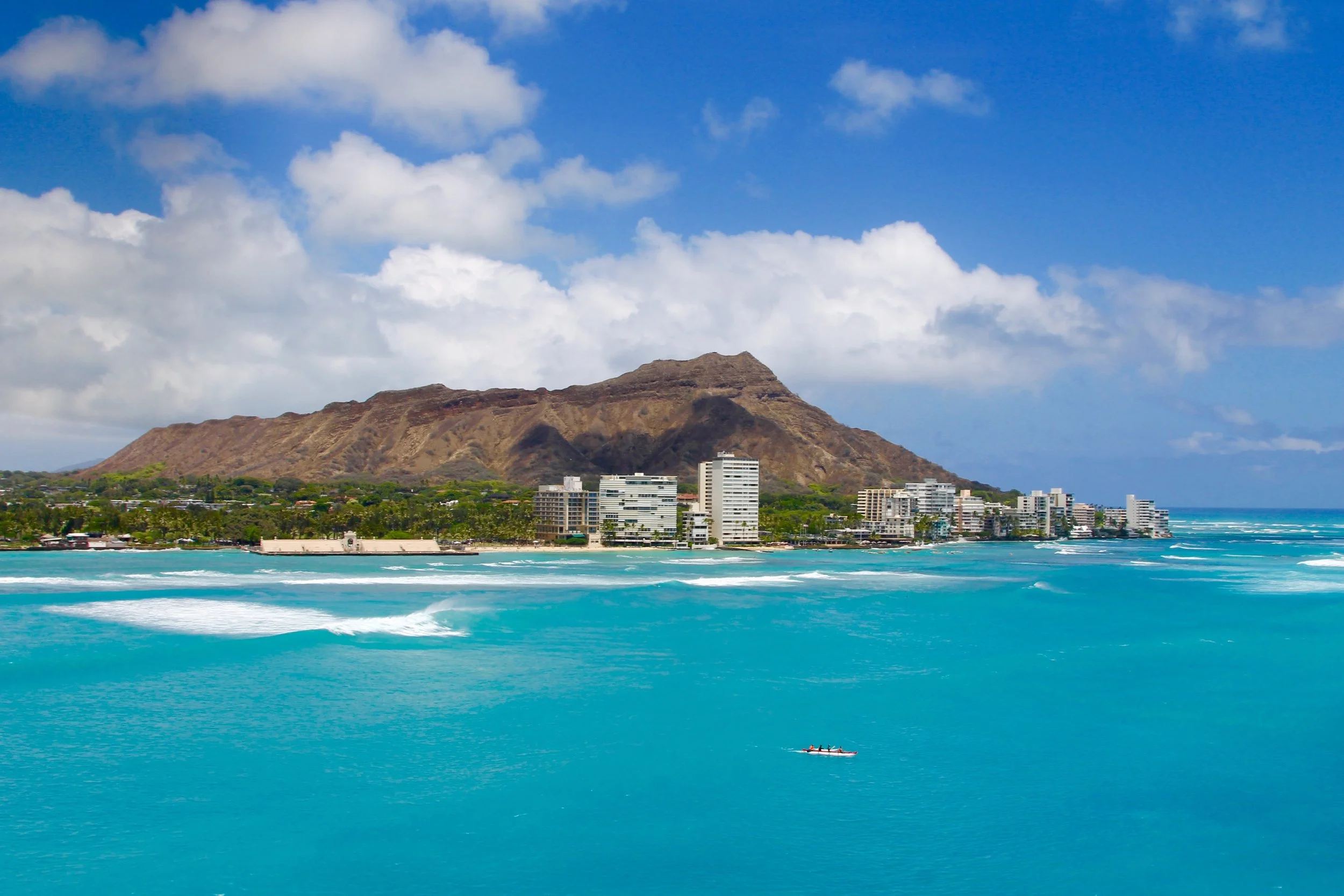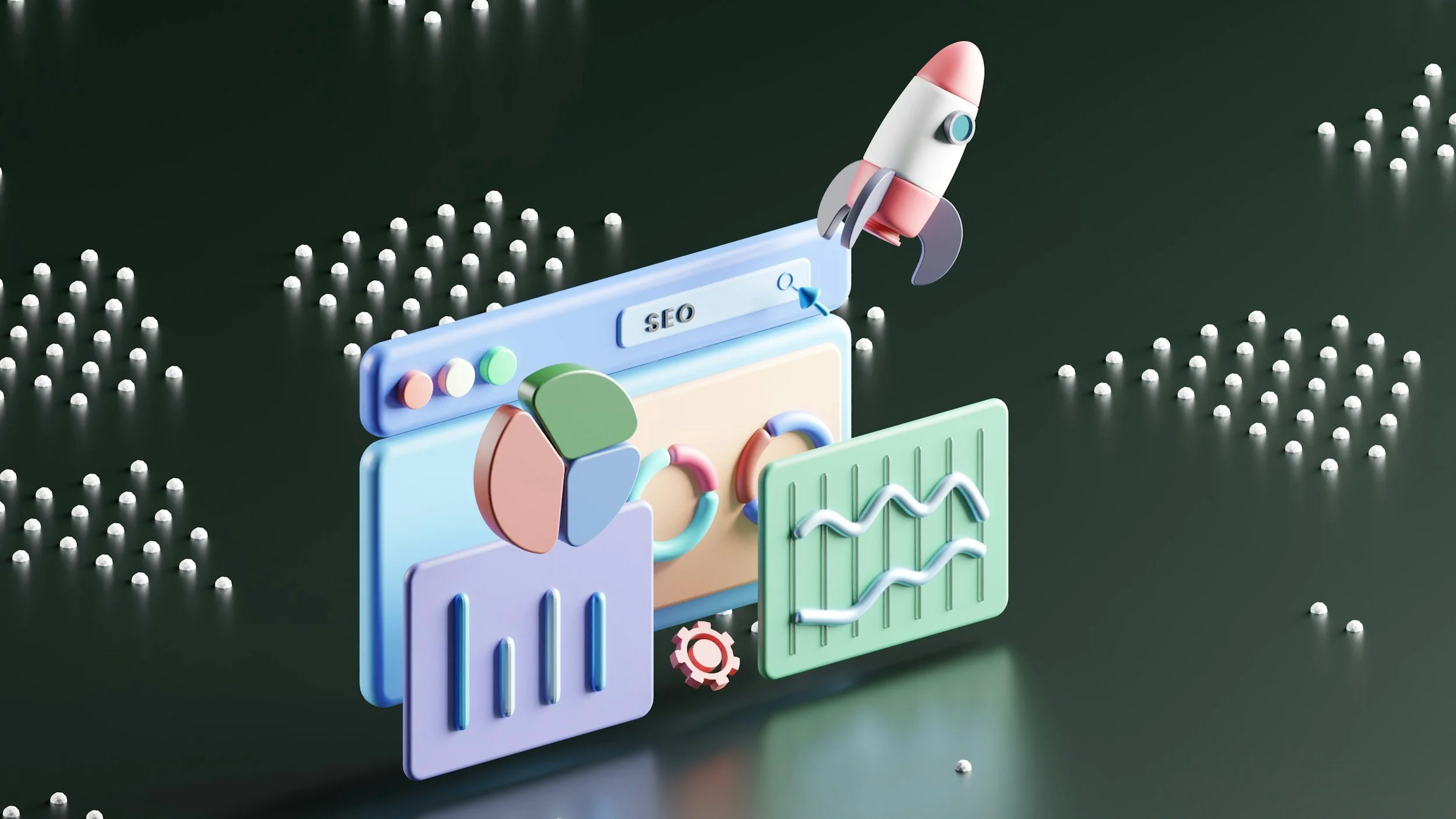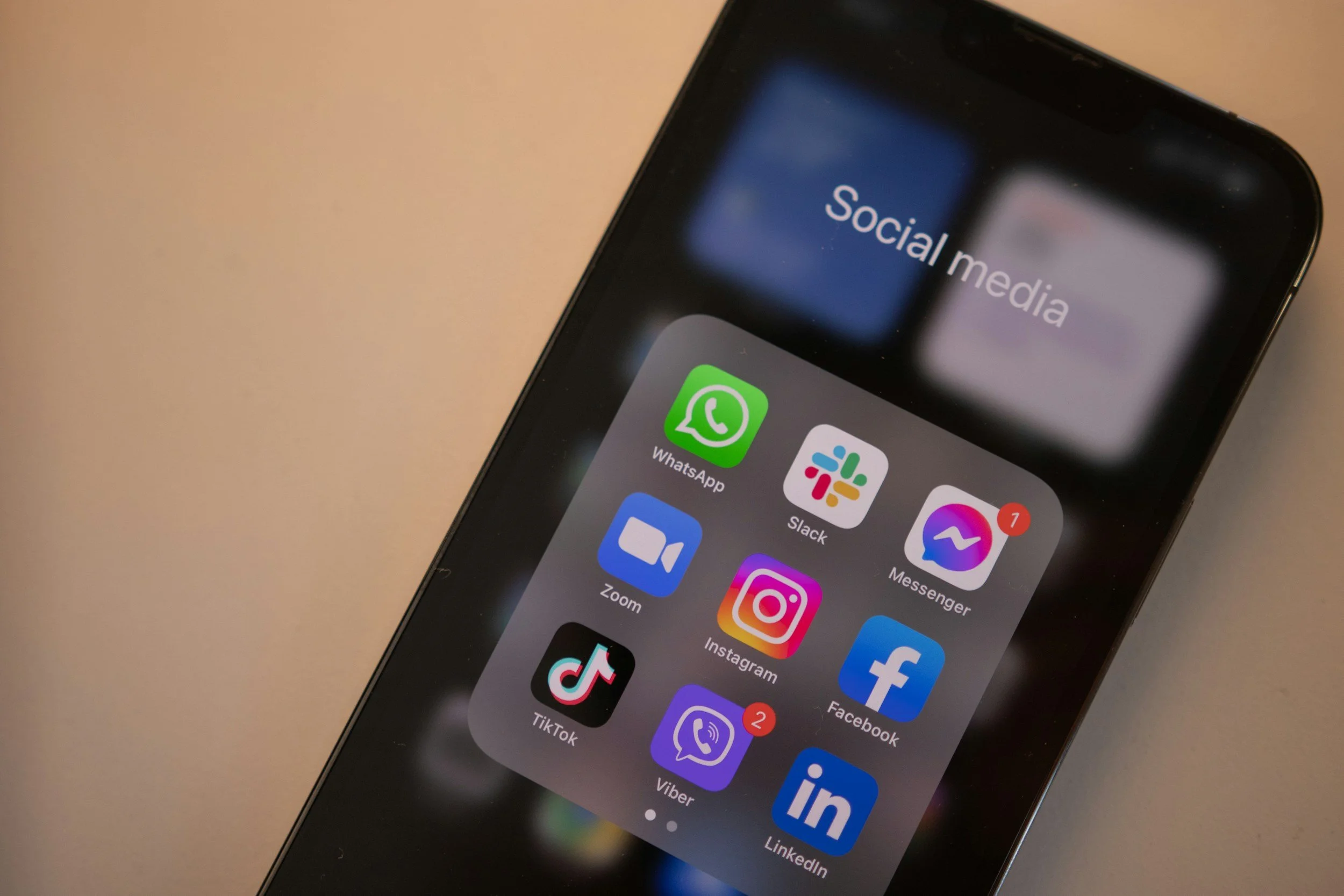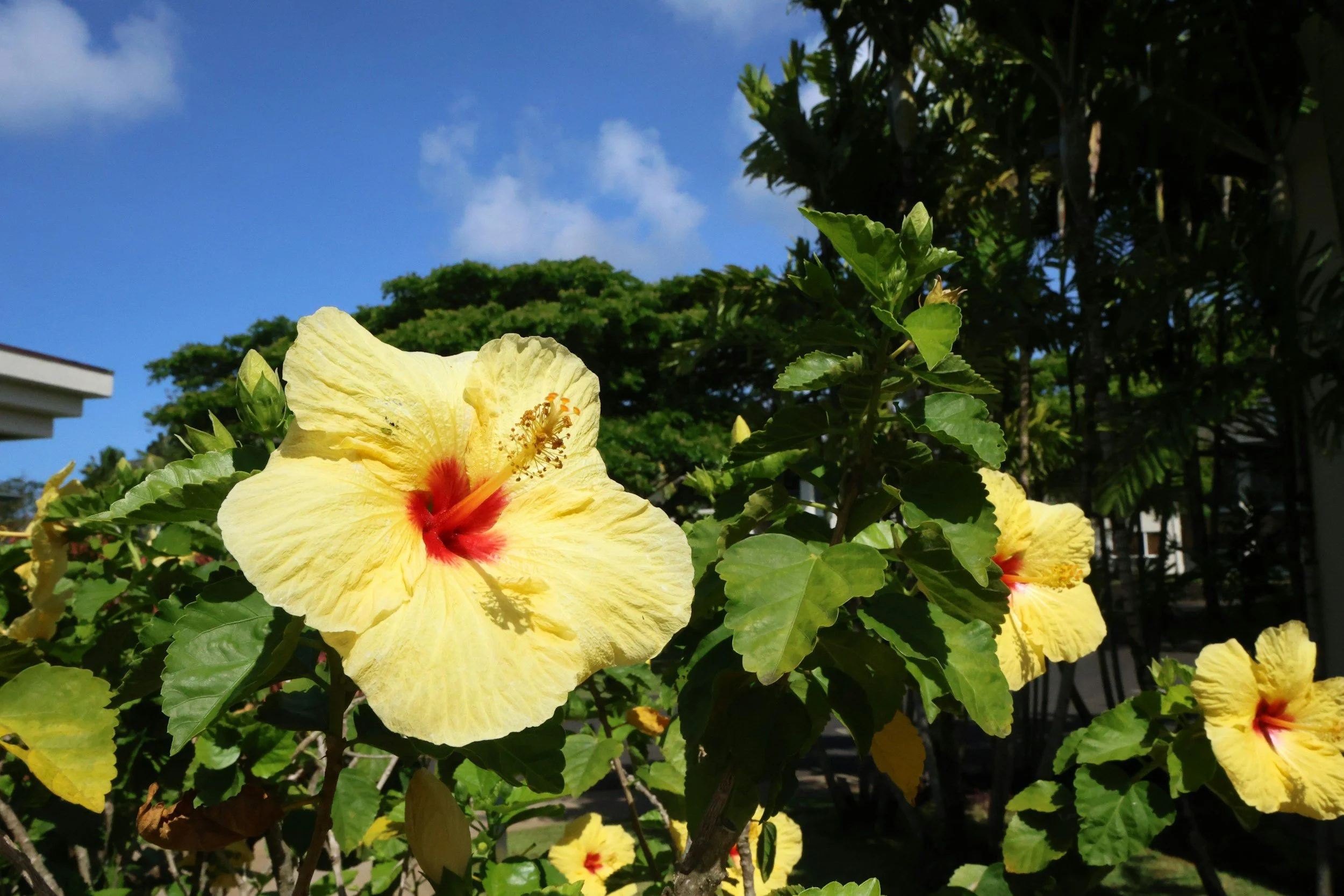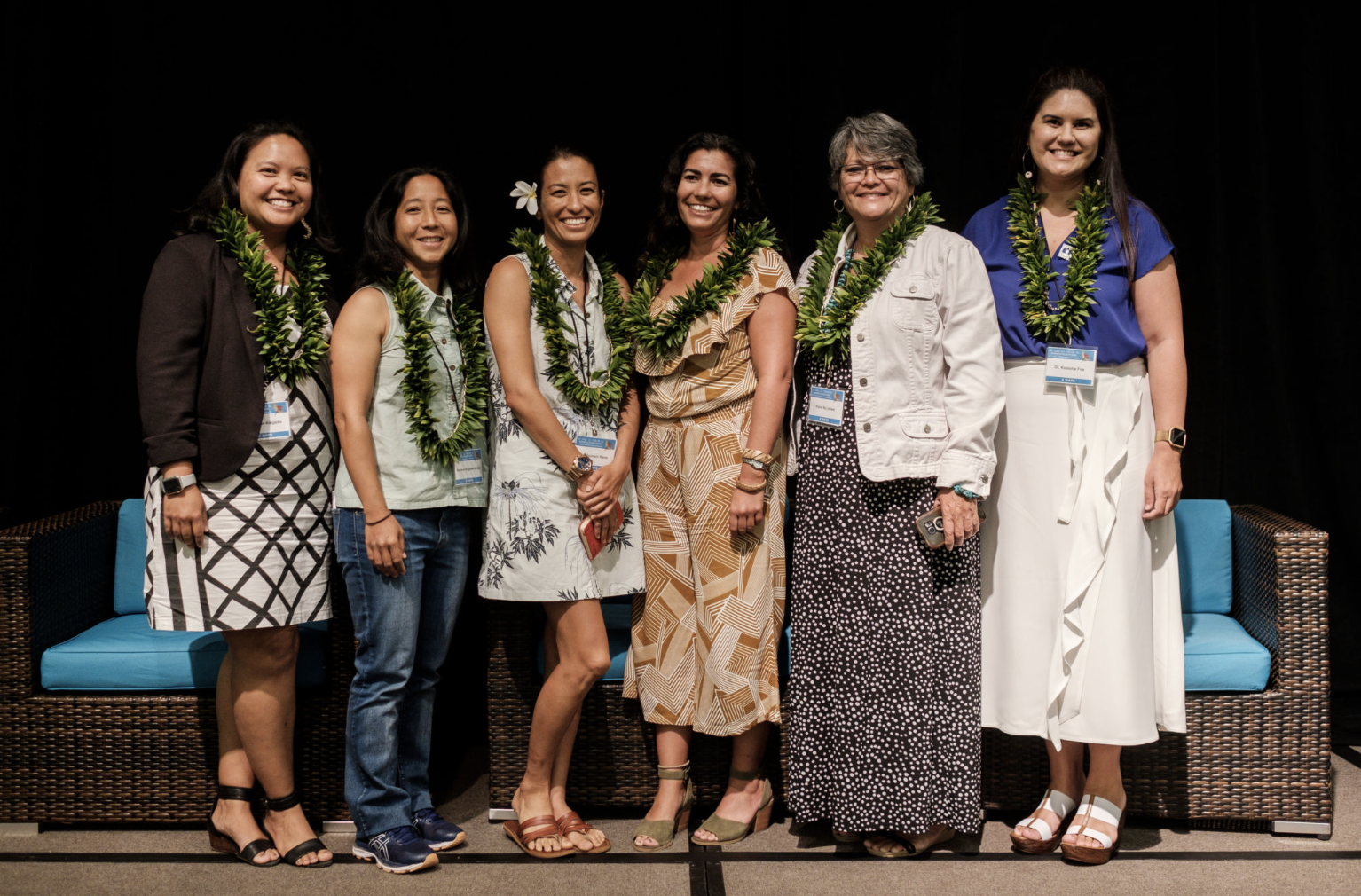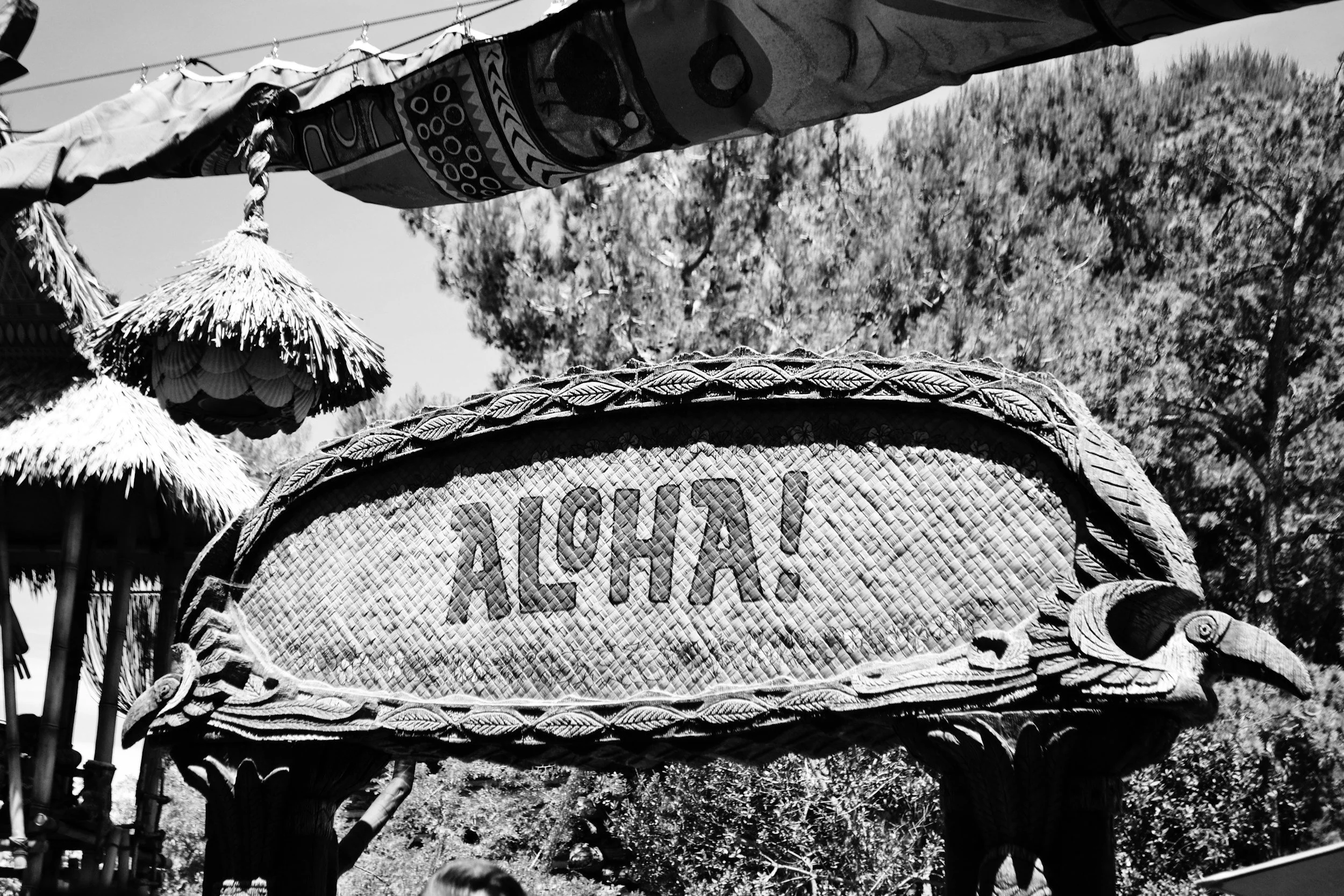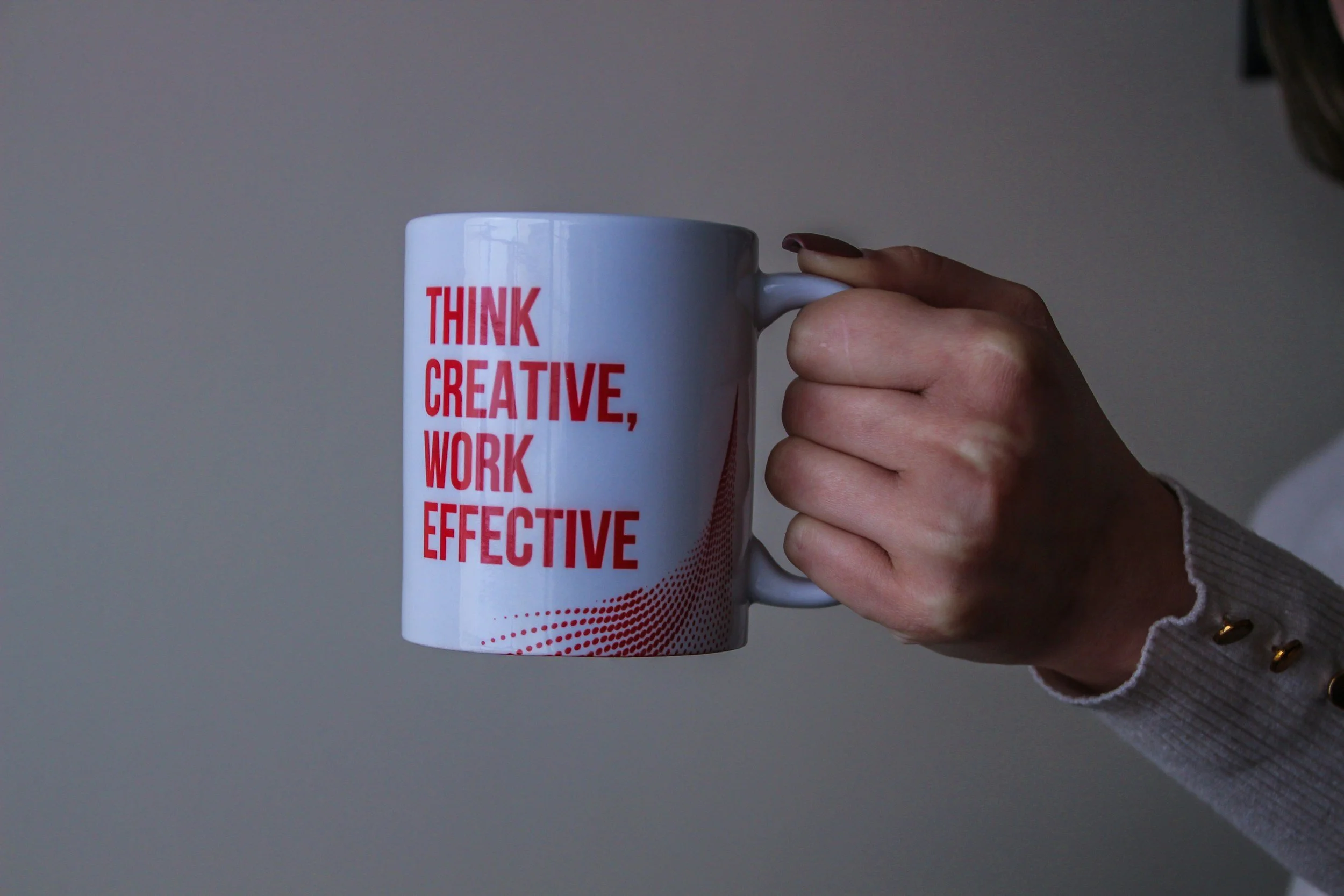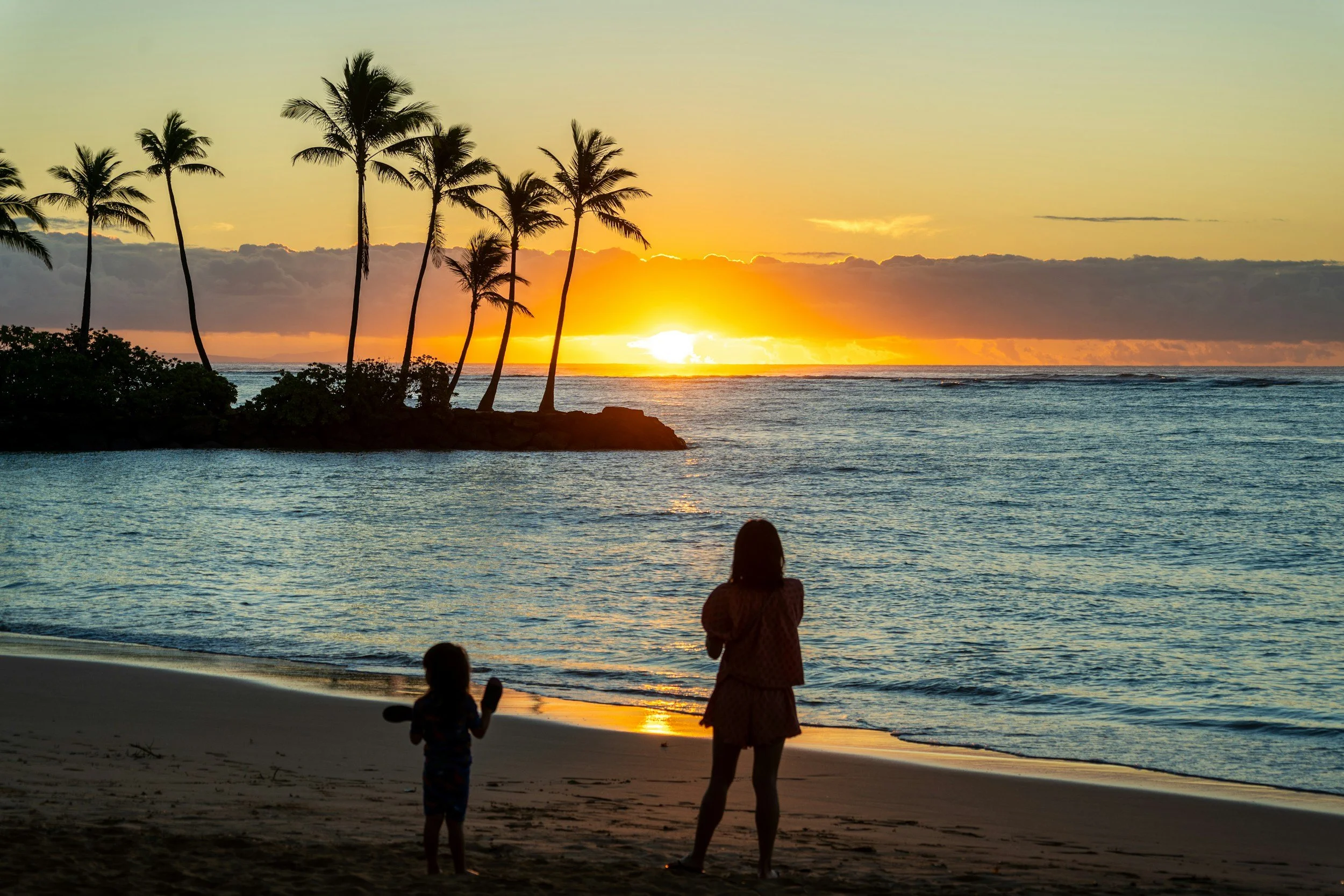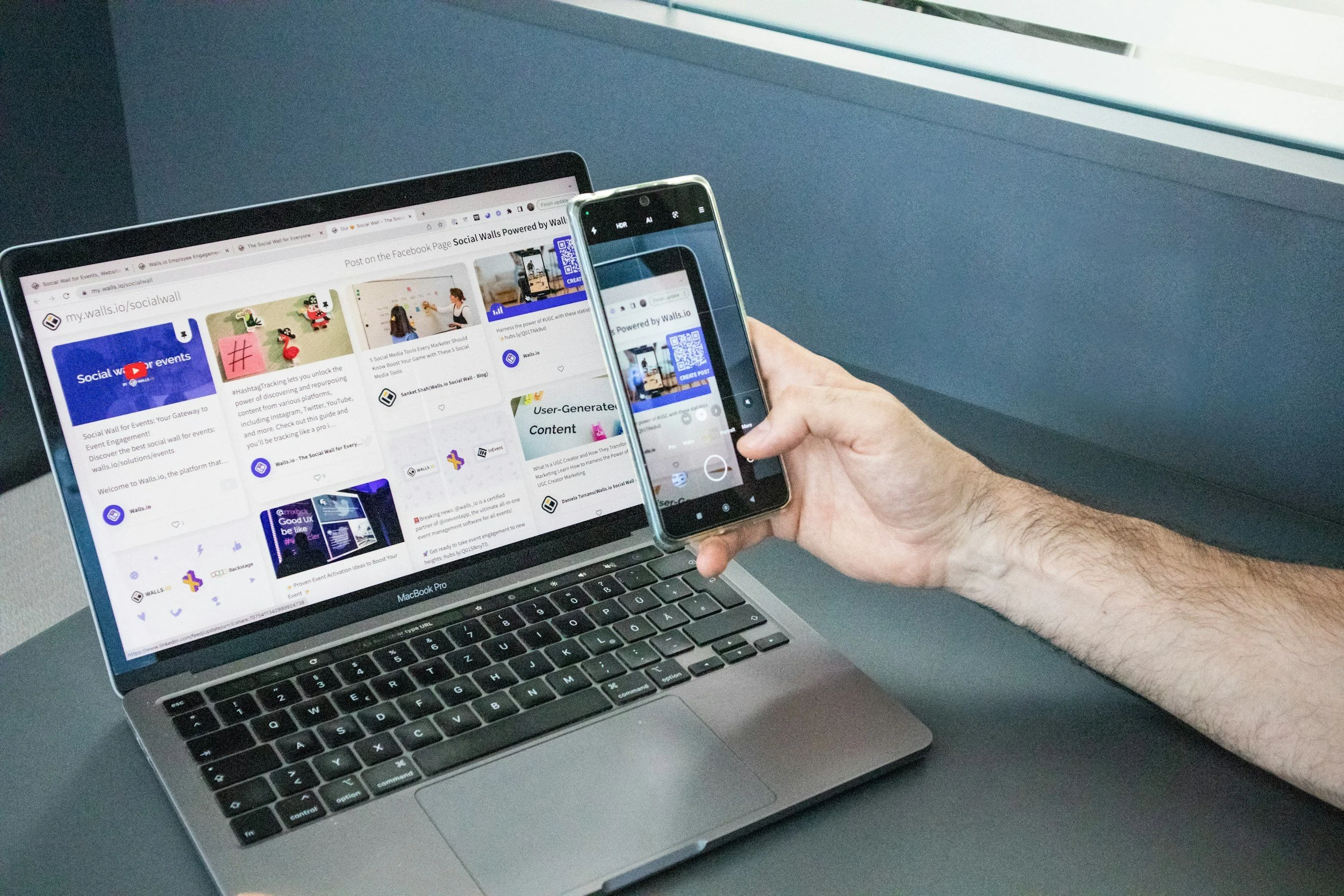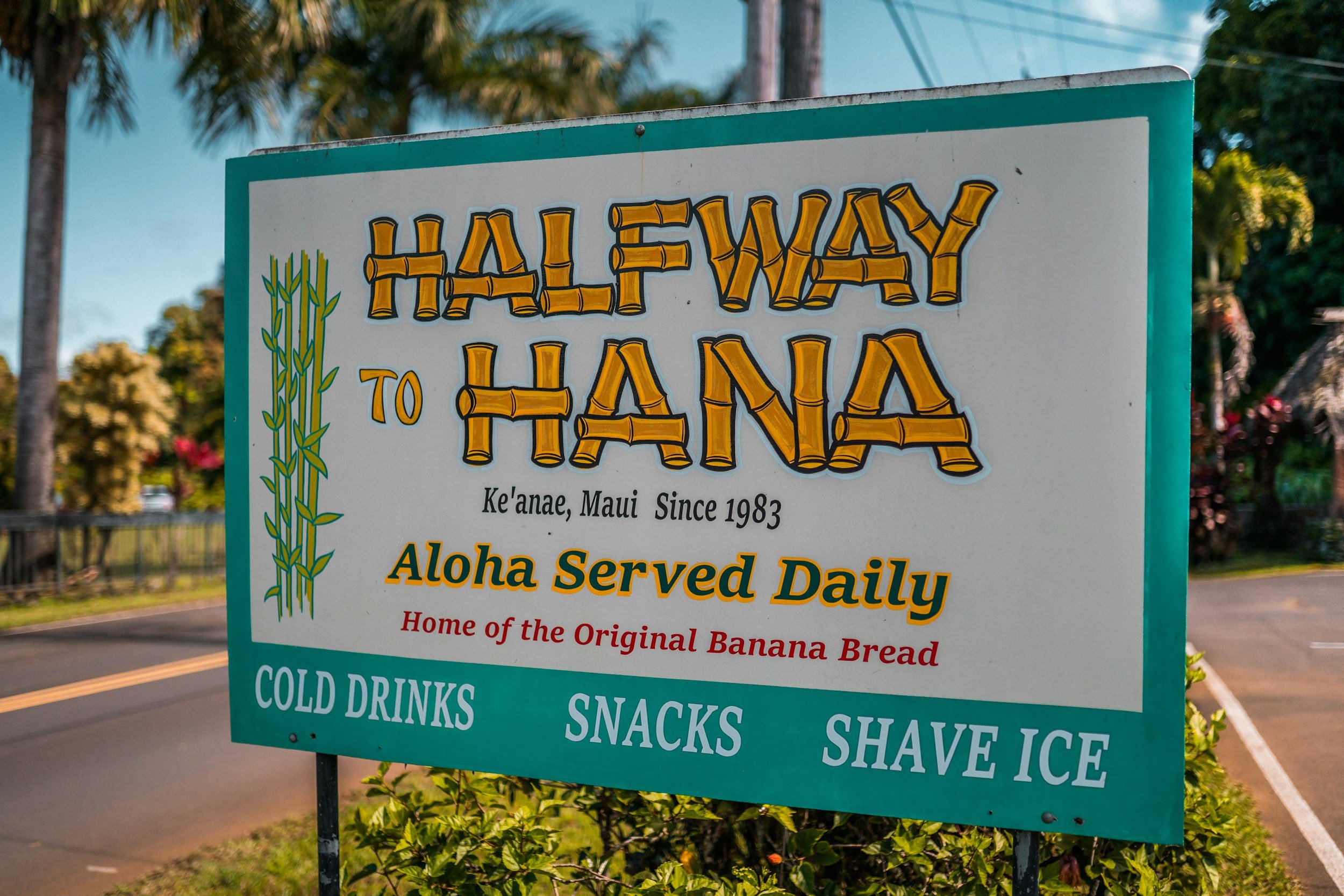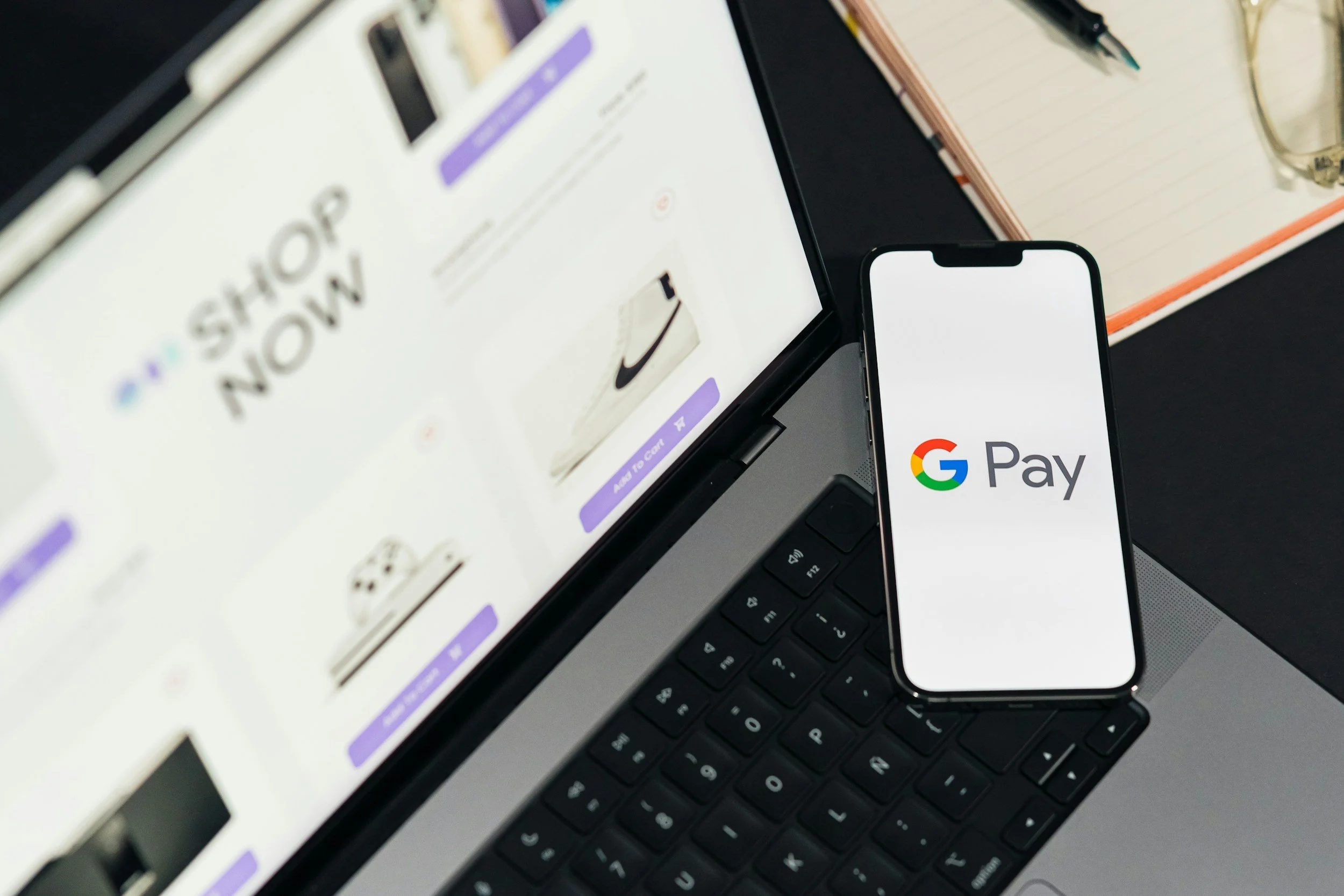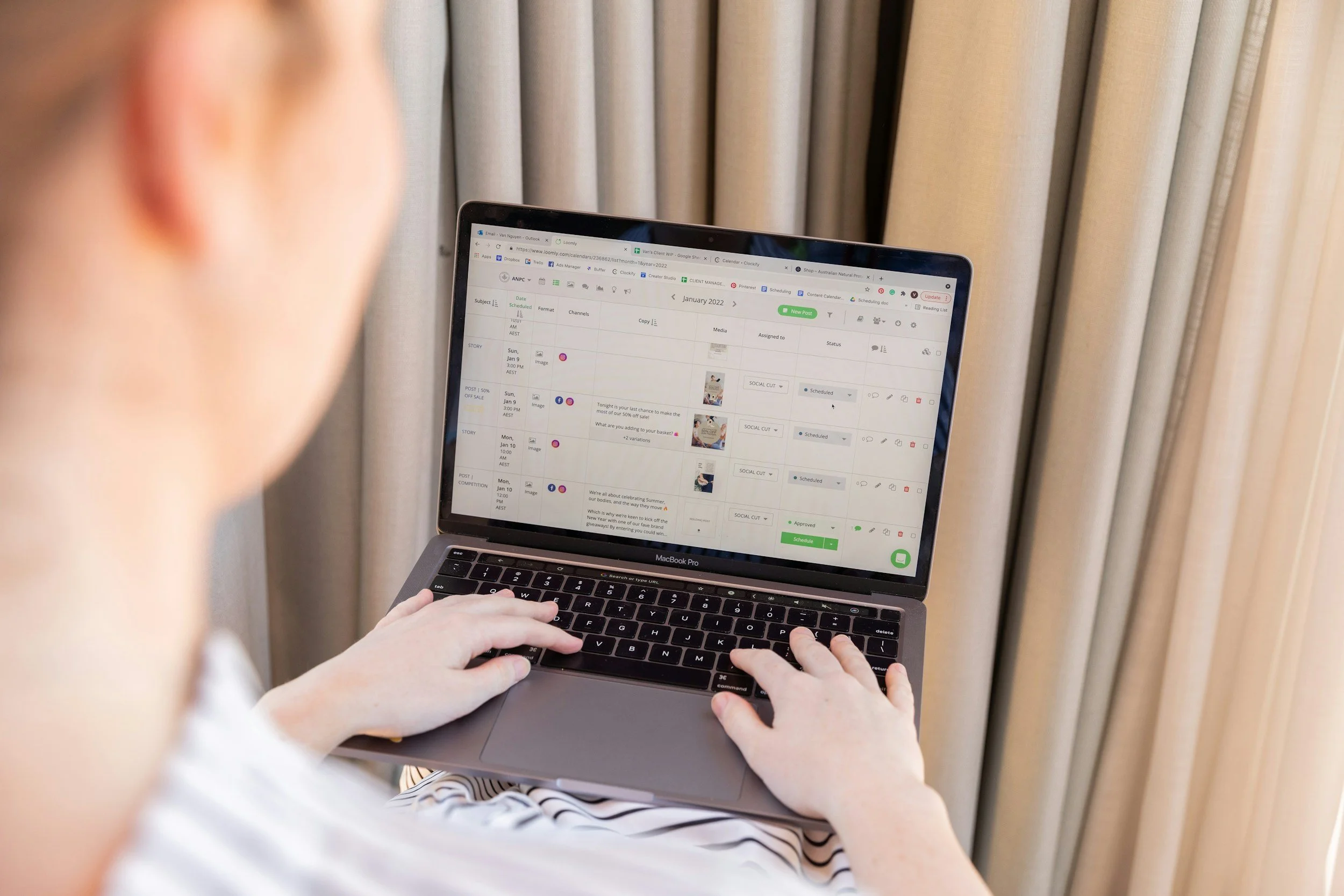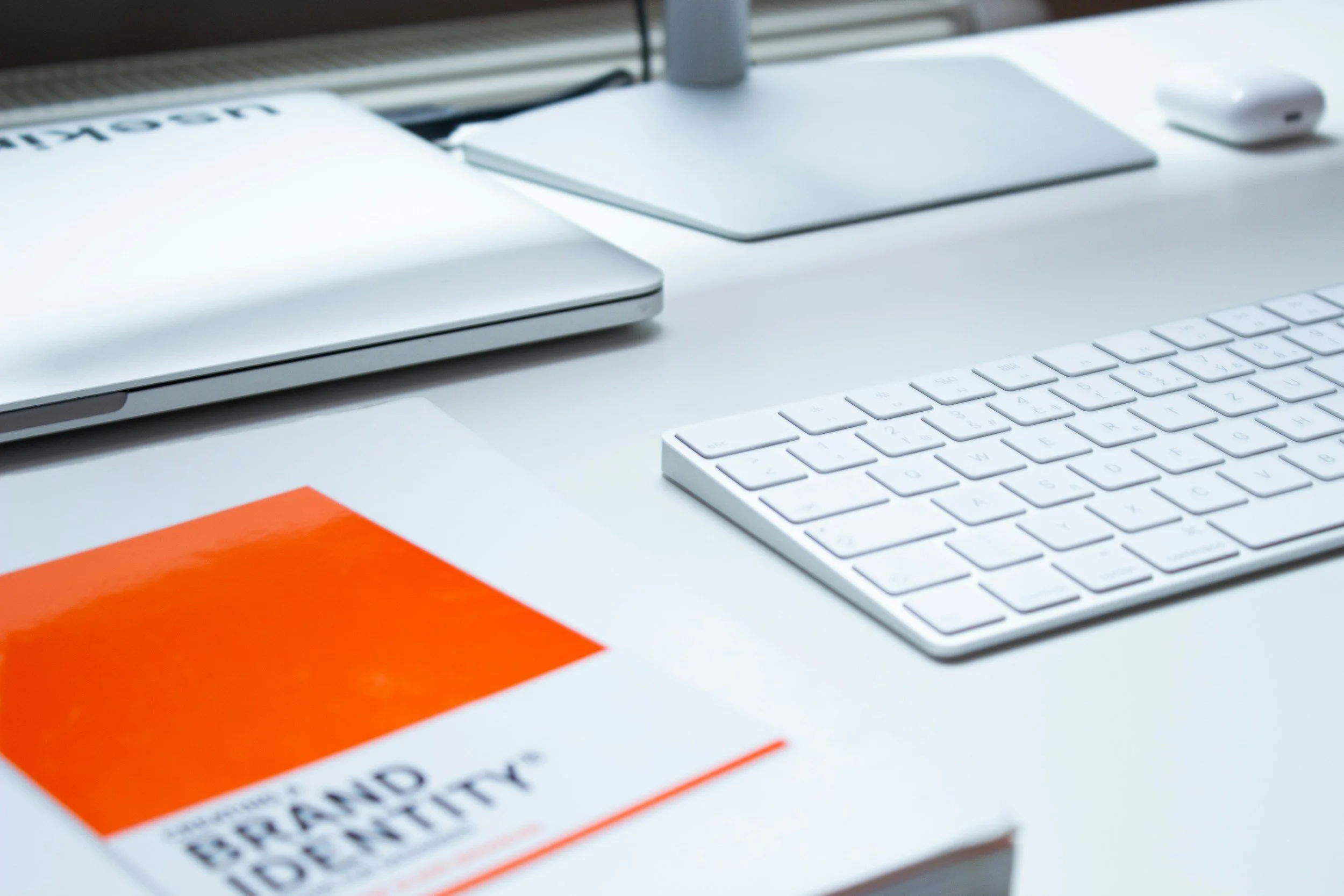SEO vs. PPC for Hawaii Businesses: Where Should You Spend Your First Marketing Dollars?
As a business owner in Hawaii, every marketing dollar has a job to do. With a limited budget, you need to make the smartest choice to generate more leads, calls, and customers. In digital marketing, that choice often comes down to two powerhouses: Search Engine Optimization (SEO) and Pay-Per-Click (PPC) advertising.
But which one is right for your Hawaii business, right now? Let's skip the jargon and get straight to the answer.
The Short Answer: Which is Right For You?
Now, let's break down the details to help you build the right strategy.
How Much Does Digital Marketing Actually Cost in Hawaii?
This is the most important question for any small business. Here are some realistic budget expectations for the Hawaiian market.
Local SEO Costs: For a competitive local SEO campaign in Hawaii, expect to invest $1,500 - $5,000+ per month. This covers technical optimization, content creation tailored to our islands, building local citations (online directory listings), and Google Business Profile management. The cost depends heavily on your industry (e.g., tourism is more competitive than niche professional services) and target locations (e.g., Honolulu vs. a smaller town on Kauai).
PPC Ad Spend: Your PPC budget is more direct. You could start seeing traffic with as little as $500 - $1,000 per month in ad spend, plus a management fee (typically 15-20% of spend or a flat rate). For highly competitive keywords like "waikiki hotels" or "honolulu real estate," expect to need a significantly larger budget to compete effectively.
The key takeaway? SEO is an investment in a long-term asset, while PPC is a direct cost for immediate exposure.
Preparing for Success: Your 3 Foundational Steps
Driving customers to a business that isn't ready is like collecting rainwater in a bucket full of holes. Before you spend a dollar, start with these three steps.
Step 1: Define Your Single Most Important Goal
You cannot hit a target you can’t see. What is the #1 action you want a customer to take after finding you online? "Get more business" is not specific enough. Choose one primary goal:
Get More Phone Calls: Perfect for service-based businesses (plumbers, lawyers, contractors). Every marketing effort will be measured by how many qualified calls it generates.
Get More Form Submissions: Ideal for businesses with a longer sales cycle (real estate, financial services, B2B). The goal is to capture a lead for follow-up.
Get More Online Bookings/Sales: The clear goal for e-commerce sites and activity/tour operators. Success is measured in direct revenue.
Drive More Foot Traffic: For brick-and-mortar shops, restaurants, and local services. The goal is to get the user's map directions to your physical location.
Your answer here will dictate your entire strategy and how you measure success.
Step 2: Get Your Hale (House) in Order – Your Website
Both SEO and PPC will funnel potential customers to your website. If it’s slow, confusing, or broken on a phone, you will lose the sale. Your website is your digital storefront, and it must be pristine.
Step 3: Understand Your Ideal Customer (Kamaʻāina vs. Malahini)
Who are you trying to reach? The strategy for attracting a local family in Kapolei is completely different from attracting a visitor planning a trip from the mainland. Know your audience before you try to reach them.
What is SEO? The Marathon (Buying Your Digital Aina)
Think of SEO as buying a piece of land (aina) and building a home. It's a long-term investment. You put in the work upfront—optimizing your website, creating helpful content for locals and tourists alike, and building your site's authority. Over time, you build equity. Your website becomes a valuable asset that generates consistent, organic traffic from Google without you paying for every single click.
Pros of SEO:
Builds a Lasting Asset: High rankings can generate leads for years.
High Credibility & Trust: Users trust organic results more than ads, positioning you as an industry authority.
Excellent Long-Term ROI: The cost per lead drops dramatically over time.
Consistent, 24/7 Traffic: Once you rank, your website works for you around the clock.
Cons of SEO:
Results are Slow: It typically takes 6-12 months of consistent effort to see significant ROI.
Requires Ongoing Effort: SEO is not "set it and forget it." It requires continuous maintenance.
No Guarantees: You can't pay for the #1 organic spot; you have to earn it.
What is PPC? The Sprint (Renting a Billboard on the H-1)
PPC advertising (like Google Ads) is like renting a massive billboard on the H-1 during rush hour. You pay for a prime spot, and you get immediate visibility. The moment you stop paying, your billboard comes down, and the traffic stops.
Pros of PPC:
Immediate Results: Launch a campaign today and get leads and traffic today.
Precise Targeting: Target users by island, zip code, specific keyword ("emergency plumber Kailua"), and more.
Highly Measurable: Track your return on investment (ROI) down to the penny and turn off what isn't working.
Guaranteed Visibility: Paying for ads guarantees you a spot at the top of the search results.
Cons of PPC:
Can Be Expensive: You pay for every click, and costs in competitive Hawaii markets add up fast.
No Long-Term Asset: When you stop paying, your visibility disappears completely.
"Ad Blindness": Some users instinctively skip the paid results and scroll down to the organic listings they trust more.
SEO vs. PPC: At a Glance
A simple breakdown of the key differences between the two channels.
A Plumber in Kailua: PPC vs. SEO
A side-by-side look at two key digital marketing strategies.
| PPC (Pay-Per-Click) | SEO (Search Engine Optimization) |
|---|---|
| Scenario: A homeowner has a burst pipe at 2 AM and urgently searches for an "emergency plumber Kailua." | Scenario: The same plumber wants to secure high-value bathroom remodel projects and invests in a long-term strategy. |
| Action: The plumber's PPC ad appears at the very top of the search results, leading to an immediate click, call, and job. | Action: They create blog posts, such as "Cost of a Bathroom Remodel in Hawaii," and optimize their website. Over six months, they rank organically for "Kailua bathroom remodeling." |
| Outcome: PPC provides an immediate solution for an urgent customer need, resulting in a quick job. | Outcome: SEO builds a sustainable pipeline of high-quality leads from homeowners who are carefully researching their options for high-value work. |
The Power Move: Using SEO and PPC Together
The ultimate strategy isn't choosing one; it's making them work together.
Start with a targeted PPC campaign to drive immediate leads and, more importantly, gather data. You'll quickly learn which keywords convert into actual customers. Then, use that invaluable data to inform your long-term SEO strategy, focusing your content and optimization efforts on the proven terms.
Over time, as your SEO rankings climb, you can reduce your reliance on PPC, creating a powerful, cost-effective Hawaii digital marketing machine that captures customers at every stage of their journey.
Frequently Asked Questions
Navigating your first steps in Hawaii digital marketing can bring up a lot of questions. Here are some of the most common ones we hear from local business owners.
-
Yes, basic SEO tasks can be done yourself, like optimizing your Google Business Profile and requesting reviews. However, effective SEO that outranks your competition involves deep technical knowledge, consistent content strategy, and link-building efforts. For most busy owners, partnering with an expert yields a much higher return and allows you to focus on your business.
-
There's no single answer, as PPC costs vary widely by industry and competition. A restaurant in a small town on Kauai will have a different budget than a real estate agent in Honolulu. A good starting point is to determine your customer lifetime value and work backward to set a cost-per-acquisition goal. Starting small, measuring results, and scaling up is a wise approach.
-
For a brand new business needing immediate visibility and cash flow, PPC is often the best place to spend your first dollars. It allows you to generate leads while you simultaneously begin investing in a long-term SEO strategy, which will eventually become your primary engine for growth.
-
No, not directly. Google has confirmed that running paid ads does not directly influence your organic search ranking. However, there are indirect benefits: you can use the data from your PPC campaigns (like which keywords convert best) to make smarter, more effective decisions for your SEO strategy.
-
Word-of-mouth and the kamaʻāina network are incredibly powerful in Hawaii, and they should always be nurtured. However, digital marketing allows you to reach a much broader audience, including new residents and the millions of tourists who search online for local services every year. A strong digital presence complements your traditional marketing, ensuring you’re visible wherever potential customers are looking.
Get a Custom Marketing Strategy for Your Hawaii Business
There is no one-size-fits-all answer to the SEO vs. PPC debate. The right mix depends on your industry, budget, competition, and goals.
Instead of guessing, let's build a plan. At JB Brands, we specialize in creating tailored digital marketing strategies for Hawaiian businesses. We'll analyze your specific situation and develop a plan that uses the right channels to deliver the results you need.
Contact JB Brands today to get a custom digital marketing strategy that fits your business.

